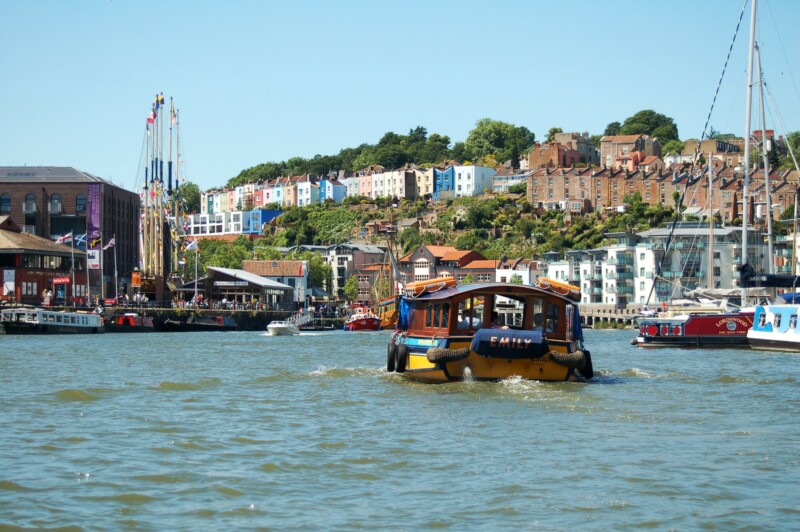Report: Bristol Ideas 1992-2023

Share this
Bristol Ideas has been central to the cultural life of the city of Bristol for the past three decades. At the heart of the organisation is its belief in the importance of cultural planning – the strategic use of cultural assets to support the cultural, economic and social life of the city.
This report reflects on the work of Bristol Ideas and highlights lessons that those in Bristol and elsewhere, including local, regional and national government, business, academia and civil society organisations, can learn from its work.
From this research, five key themes emerge that will relate to wider interest:
1. Longevity
Bristol Ideas illustrates the importance of not just having a long-term approach, but also having an organisation that is able stand the test of time. Bristol Ideas has been able to adapt and respond to the changing world in which it operates.
2. Partnership rooted in place
Bristol Ideas is built on the idea of partnership. From its founding partners of Arts Council England, Bristol City Council and Business West, later joined by the city’s two universities, through to the private sector and project partners, all have understood the important role that culture can play in making Bristol both an economically and socially vibrant city from the outset.
3. A broad definition of culture
Bristol Ideas and its partners have always taken a broad view of culture – moving beyond ideas such as ‘high’ and ‘low’ culture and a division between the arts and science, to see culture as encompassing the diversity of the city.
4. Assets of a place, including its past
Bristol Ideas has always worked with and through the assets of the city. Key amongst its various projects is the history of Bristol itself, which has been used as a way of both convening people and communities around the commemoration of events in the long civic life of the city, as well as a starting point to think together about the future of the city.
5. Measurement
It can be hard to measure the impact of cultural activity. Various methods have been tried, including economic value-added, the contribution to wellbeing and happiness, as well as engagement, attendance, and demographic data. But most importantly, it is through understanding the role that culture can play in creating a sense of civic engagement and contributing to the social capital of a place, that we can really understand its value.
Finally, Bristol Ideas’ ability to adapt and respond to the challenges that it has faced over the last three decades, whilst using culture as a way of bringing people together to debate and discuss the ideas that will shape the future, make it a useful subject of study into the ways in which culture can help shape cities in the 21st century.